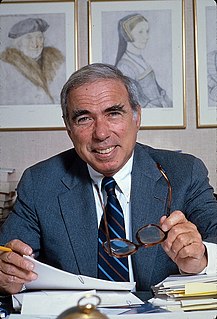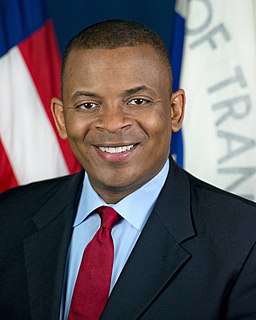A Quote by Felix Rohatyn
Throughout U.S. history, competent public investments have been an essential complement to private investments - from the Louisiana Purchase, to land-grant colleges, to the Interstate Highway System, to the Internet.
Related Quotes
The government also has to get the public rules right. That means putting a price on carbon, so the cleaner forms of energy become more competitive. As soon as that happens, a tidal wave of new capital, innovation and entrepreneurship will flood into the clean energy space - creating new jobs and opportunities for Americans of all walks of life. We did that for the internet, with public investments in the basic system through the Pentagon, followed by rules that encouraged innovation and competition. And that is why the internet took off in the United States first.



































